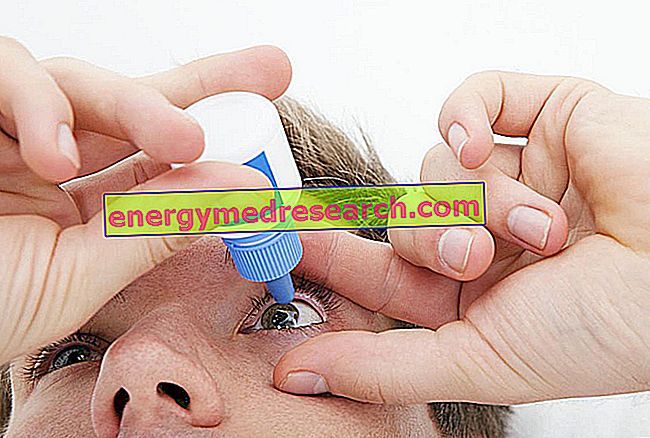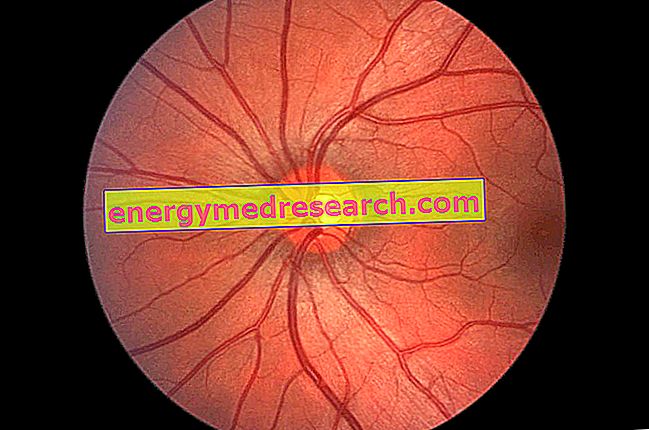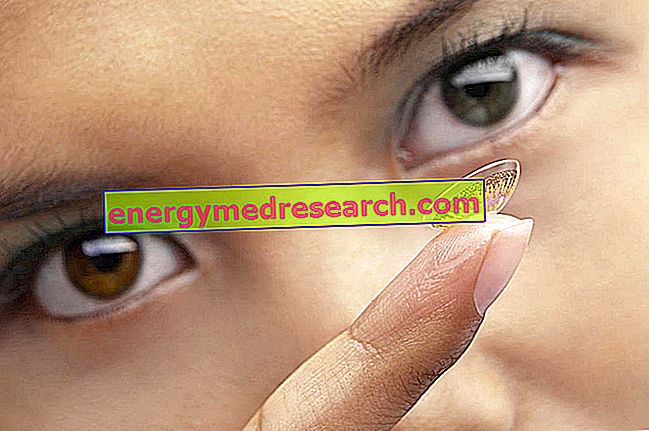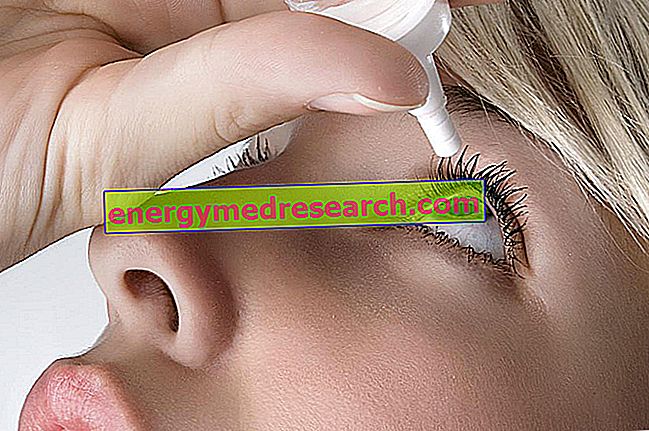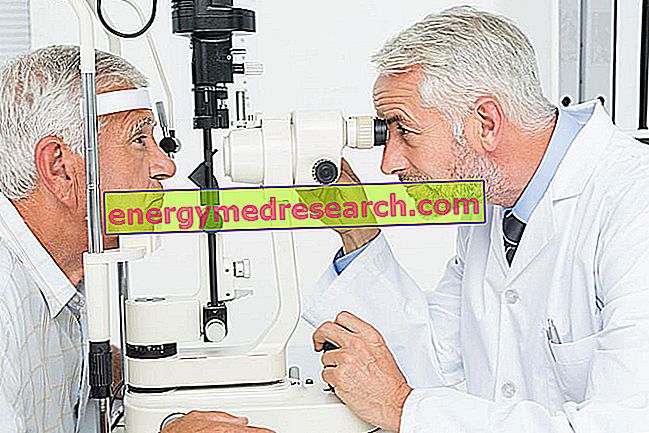The brain and the eye work together to recognize and process visual information. Light enters the eye, where the retina translates the perceived image into nerve signals that are sent, thanks to optical pathways, to the brain. The latter blends the visual stimuli from each eye into a single three-dimensional image
Category eye health
Ocular hypertension must be reduced in order to prevent or stop glaucomatous damage (atrophy of the optic nerve and deterioration of the visual field). What do we have available? On the market there are several hypotonizing eye drops , to be instilled in the eye with regularity and continuity, to maintain constant eye pressure over the course of 24 hours
Secondary glaucoma refers to all cases in which other medical conditions cause or contribute to an increase in eye pressure, with damage to the optic nerve and loss of vision. It can occur as a result of severe eye injury, retinal thrombosis, bleeding, inflammatory states, tumors and advanced cataract cases
Heterochromia is the somatic characteristic of individuals who present an iris of a different color from the other. The reason is to be attributed to the different amount of melanin in the two eyes: if the pigment is not very concentrated, it will undergo a blue color, while in the opposite case the iris will turn to brown tones
The color of the eyes can change over the course of life, however only 10-15% of Caucasian people experience this variation. Who as a child had gray or green eyes can find himself with a darker shade, especially after adolescence, when the production of melanin increases. Furthermore, it may happen that brown or hazel eyes tend to lighter shades with advancing age
Ocular allergies - the most common of which is conjunctivitis - are caused by exposure to a substance to which the body is particularly sensitive. This triggers a strong, sometimes disproportionate, defense mechanism to eliminate it. An allergy can occur both in the eye and in its appendages with intense irritation, redness, swelling, tearing, itching, burning and blurred vision
The surface of the eye is so vulnerable as it is constantly in contact with the air, where the allergenic agents are dispersed. In eye allergies , the eyelids and the conjunctiva (the membrane that covers the inside of the eyelid and the sclera) react to the contract with the irritating substances, called allergens , releasing histamine
The best method to prevent allergic conjunctivitis is to eliminate the substance that triggers the reaction from the environment as much as possible. If you are allergic to dust mites or animal hair, it's important to take care of cleaning the home and change the air often. Those who are allergic to pollens , on the other hand, should avoid going out during the hours when they are most common in the environment and wear sunglasses that hinder exposure to irritants, especially in the presence of wind
Eye allergy may depend on cosmetics: eye shadows, mascara, face or eye contour creams; also the enamels can come into contact with the eyes through the hands. The allergenic substances contained in cosmetics do not always give an immediate reaction, therefore they can be difficult to identify. This does not mean that you have to give up make-up: once you have identified a suspicious product, just replace it with a similar one
Intravitreal injections involve inoculation of a therapeutic agent directly into the eye. This recently introduced technique allows the treatment of some retinal and macular pathologies . The drug is injected by a qualified ophthalmologist, under sterile conditions (operating room). The needle passes through the sclera (the white part of the eye) and pours the contents into the internal eye socket
Ophthalmology is the branch of medicine that studies eyesight and eye health. Therefore, the ophthalmologist is a doctor specialized in the knowledge of the ocular anatomy and in the diagnostic and therapeutic methods of all currently known eye diseases. THE OFTALMOLOGIST IS NOT AN OPTOMETRIST AND EVEN AN OPTICIAN Ophthalmologist, optometrist and optician are three very different professional figures


